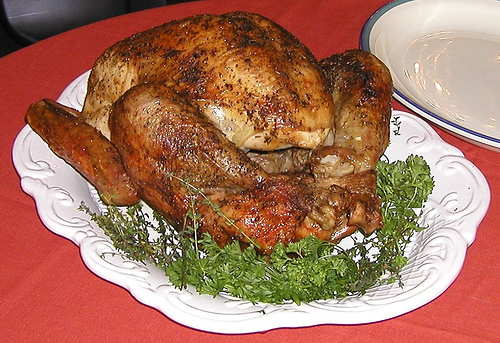
photo by jeeked
I know I said yesterday that love and money have nothing to do with one another. That’s not entirely true.
It’s true that love doesn’t cost money. There’s no reason to spend any money on love. But money can certainly affect your relationship, especially when you’re having financial problems. It can increase fighting, distract you from the important things, and even lead to divorce.
I know, most people don’t consider budgeting to be a very romantic concept, but money problems can wreak havok on even the healthiest of bonds. Working together to get your finances in order is one of the best things you can do for your relationship.
It fosters a sense of teamwork.
There’s nothing more bonding than setting mutual goals and working toward them together. Teamwork is good for any relationship. It heightens closeness, especially when you succeed together.
It decreases (or eliminates) financial arguments.
Couples fight about money than any other thing. Most of these arguments stem from differences in how you and your partner handle money. But when you take the time to outline your goals and rules together, it allows you to get on the same page about money management.
Maybe you still won’t agree completely, but talking it through allows you to find common ground and set mutually agreed upon rules. Though we don’t completely agree about every aspect of money management, Tony and I have never fought about money. We set the rules, and we know what to expect from one another.
It decreases money stress, allowing you to focus on other things.
Anyone who has experienced money troubles knows it can be hard to focus on anything else when your finances are a wreck. Your finances won’t be perfect overnight, but when you take control and start to work toward financial goals, you at least feel more in control. You’ll suddenly realize your mind is much freer to think about more positive things, like how much you love your partner.
It allows you to accomplish your dreams together.
Whether your shared dream is to own a home, take your dream vacation, start a family, or own your own business, getting your finances in order is the first step. There’s nothing more romantic than achieving your dreams together, and fixing your finances can help you make that happen.
This Valentine’s Day, take some time to look at your finances — your mistakes, your accomplishments, and your goals. It may not seem like a romantic way to spend the holiday, but it’s one of the best things you can do for your relationship.


